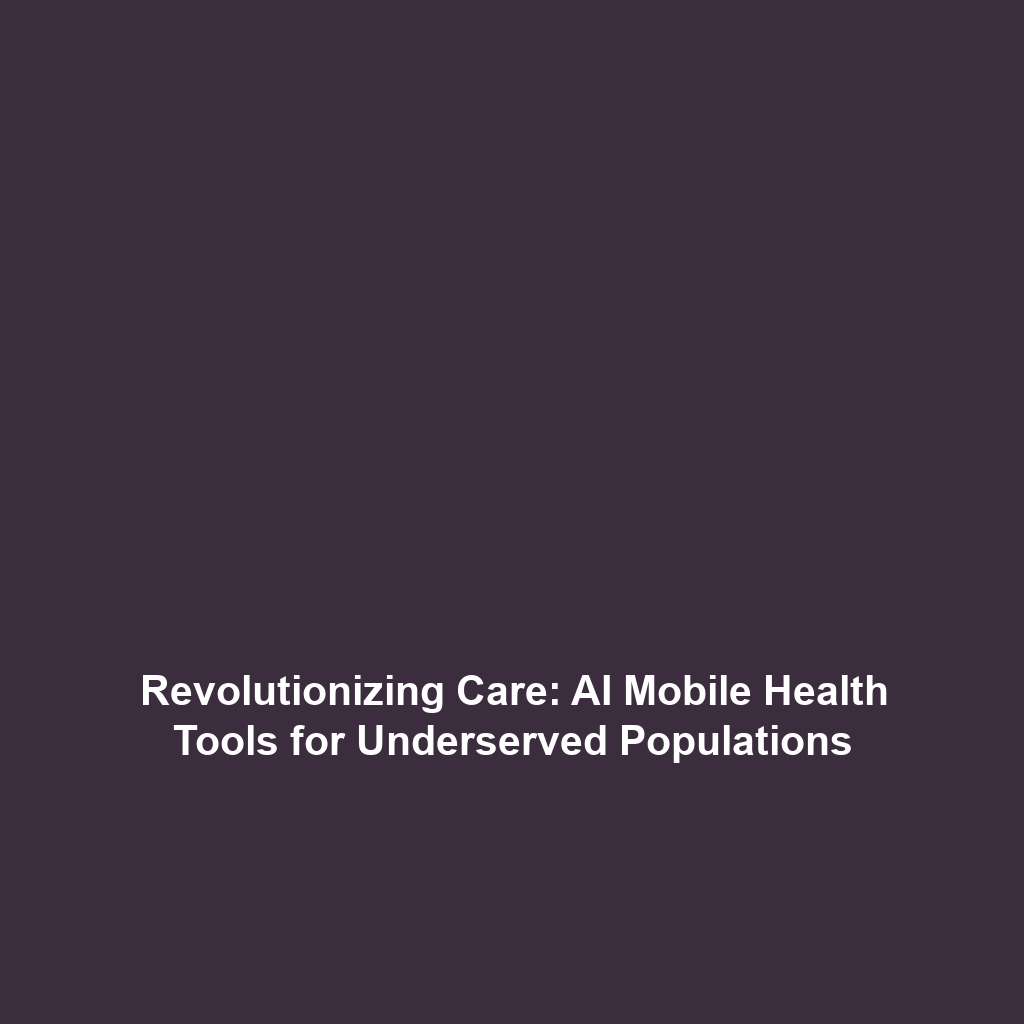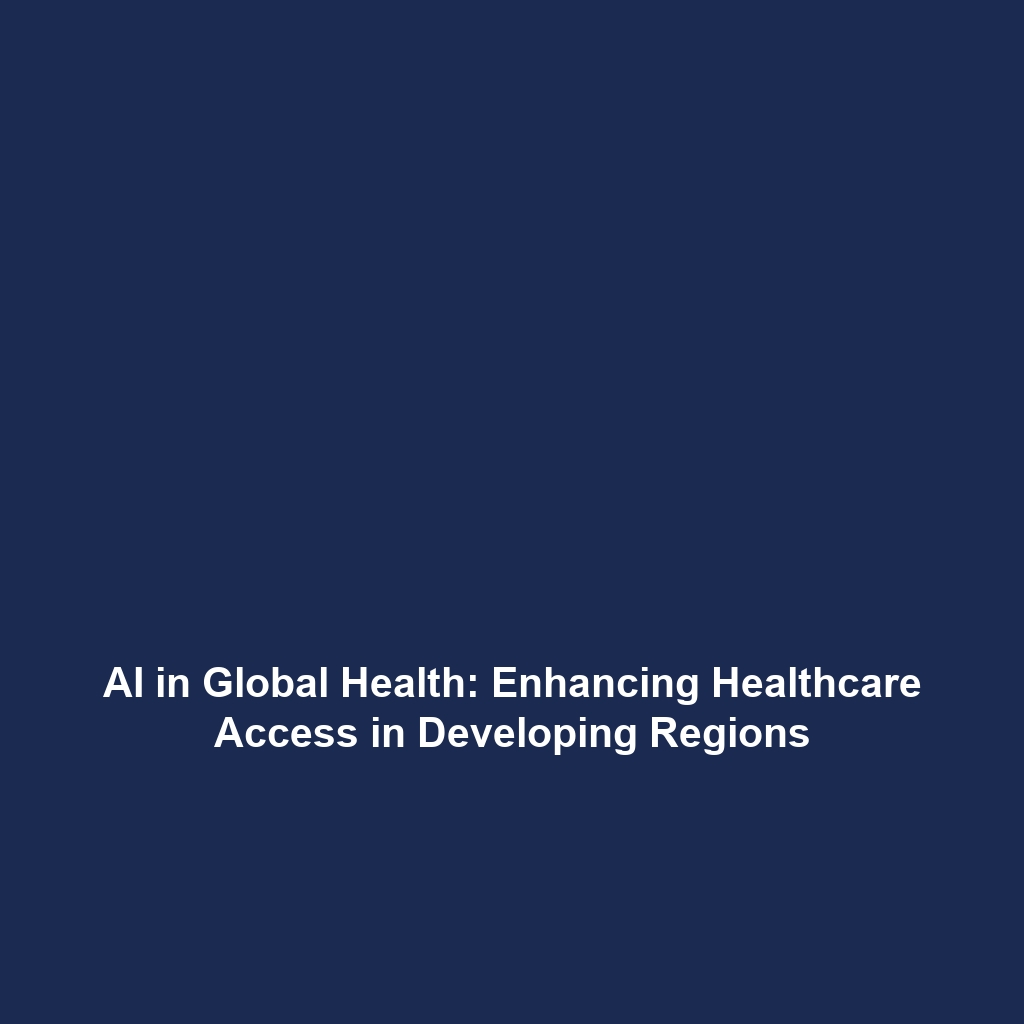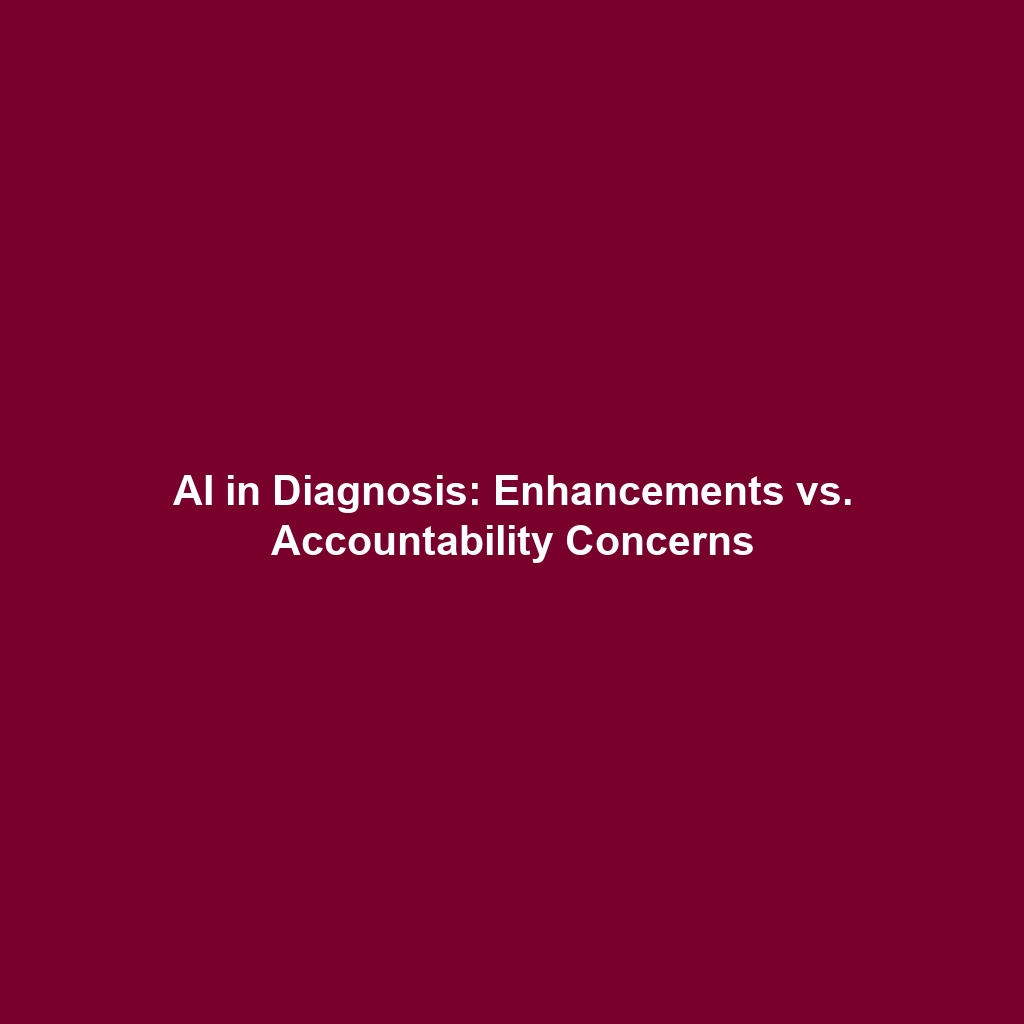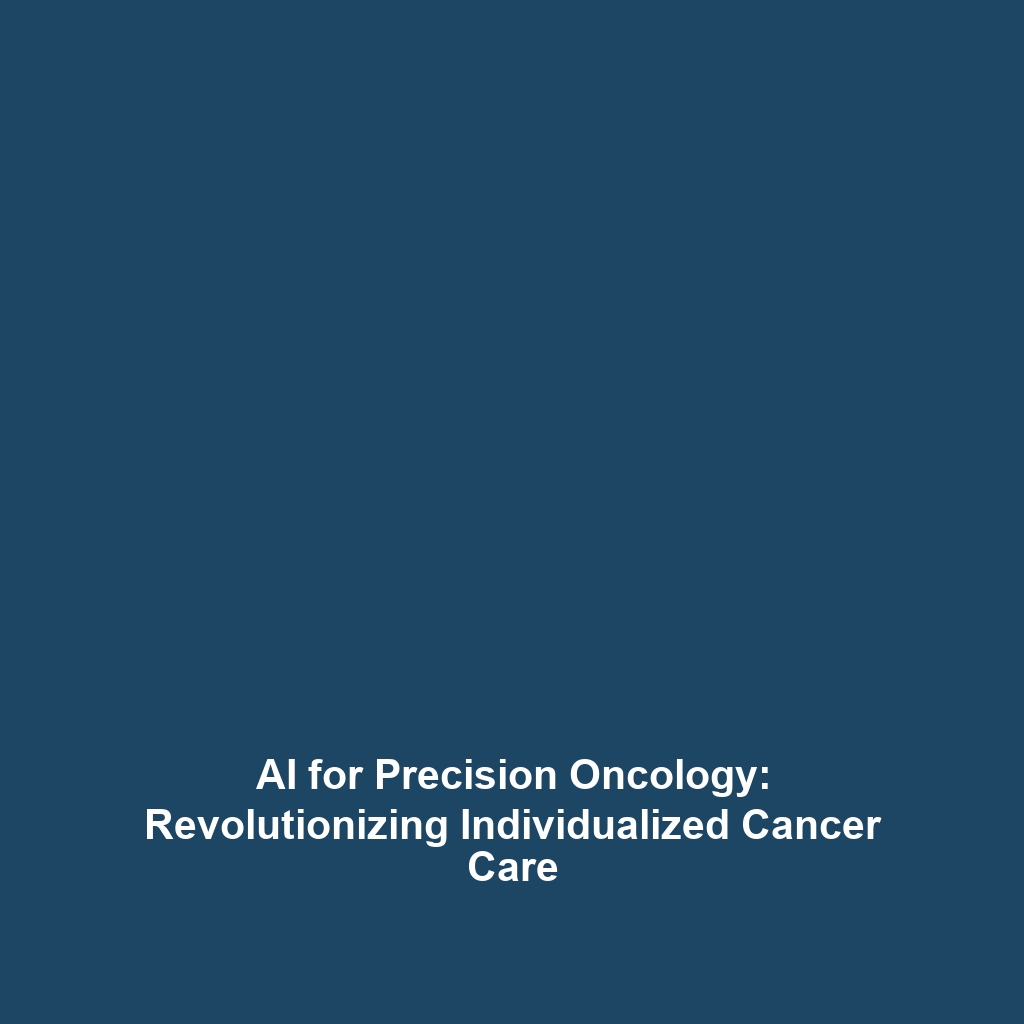How AI Analyzes Genomic Data to Identify Personalized Treatment Plans
Introduction
The integration of artificial intelligence (AI) into healthcare has revolutionized how genomic data is analyzed, leading to the development of personalized treatment plans. By leveraging vast amounts of genetic information, AI algorithms can identify patterns that guide tailored therapies for individual patients. This innovation not only enhances treatment efficacy but also optimizes resource allocation in clinical settings. Understanding how AI analyzes genomic data is crucial for healthcare professionals aiming to harness its full potential in delivering personalized medicine.
Key Concepts
Genomic Data Analysis
AI employs advanced algorithms, including machine learning and deep learning, to process and interpret genomic data. This involves:
- Data Mining: Extracting useful information from large genomic datasets.
- Pattern Recognition: Identifying genetic markers associated with diseases.
- Predictive Analytics: Forecasting patient responses to various treatments based on their genetic makeup.
Personalized Treatment Plans
The ultimate goal of using AI in genomics is to create personalized treatment plans that optimize therapeutic outcomes. This includes customized drug prescriptions and individualized monitoring strategies tailored to a patient’s genetic profile.
Applications and Real-World Uses
AI’s ability to analyze genomic data has led to significant applications in healthcare, showcasing its role in developing personalized treatment approaches:
- Oncology: AI algorithms analyze tumor genomes to identify specific mutations, guiding targeted therapies.
- Rare Diseases: Accelerating the diagnosis of genetic disorders by comparing patient genomic profiles to vast databases.
- Pharmacogenomics: Customizing drug therapies based on genetic variations that affect drug metabolism and efficacy.
Current Challenges
Despite its advantages, the integration of AI in analyzing genomic data faces several challenges:
- Data Privacy: Ensuring the confidentiality of sensitive genetic information.
- Interpretability: Making AI-generated insights understandable to clinicians for informed decision-making.
- Bias in Algorithms: Mitigating biases in AI models that could lead to inequitable healthcare outcomes.
Future Research and Innovations
The future of AI in genomics promises exciting innovations, such as:
- Next-Generation Sequencing: Enhancements in sequencing technologies driving further data collection.
- AI-Powered Clinical Decision Support Systems: Tools to provide real-time recommendations based on genomic analysis.
- Enhanced Collaboration: Initiatives fostering partnerships between AI developers and healthcare providers for practical solutions.
Conclusion
AI’s role in analyzing genomic data is pivotal in shaping personalized treatment plans, ultimately leading to improved patient outcomes within healthcare. As practical applications continue to evolve, addressing challenges will be essential to maximize the benefits of this technology. To learn more about how AI is revolutionizing healthcare, explore our additional resources on emerging AI technologies and genomic research trends.







